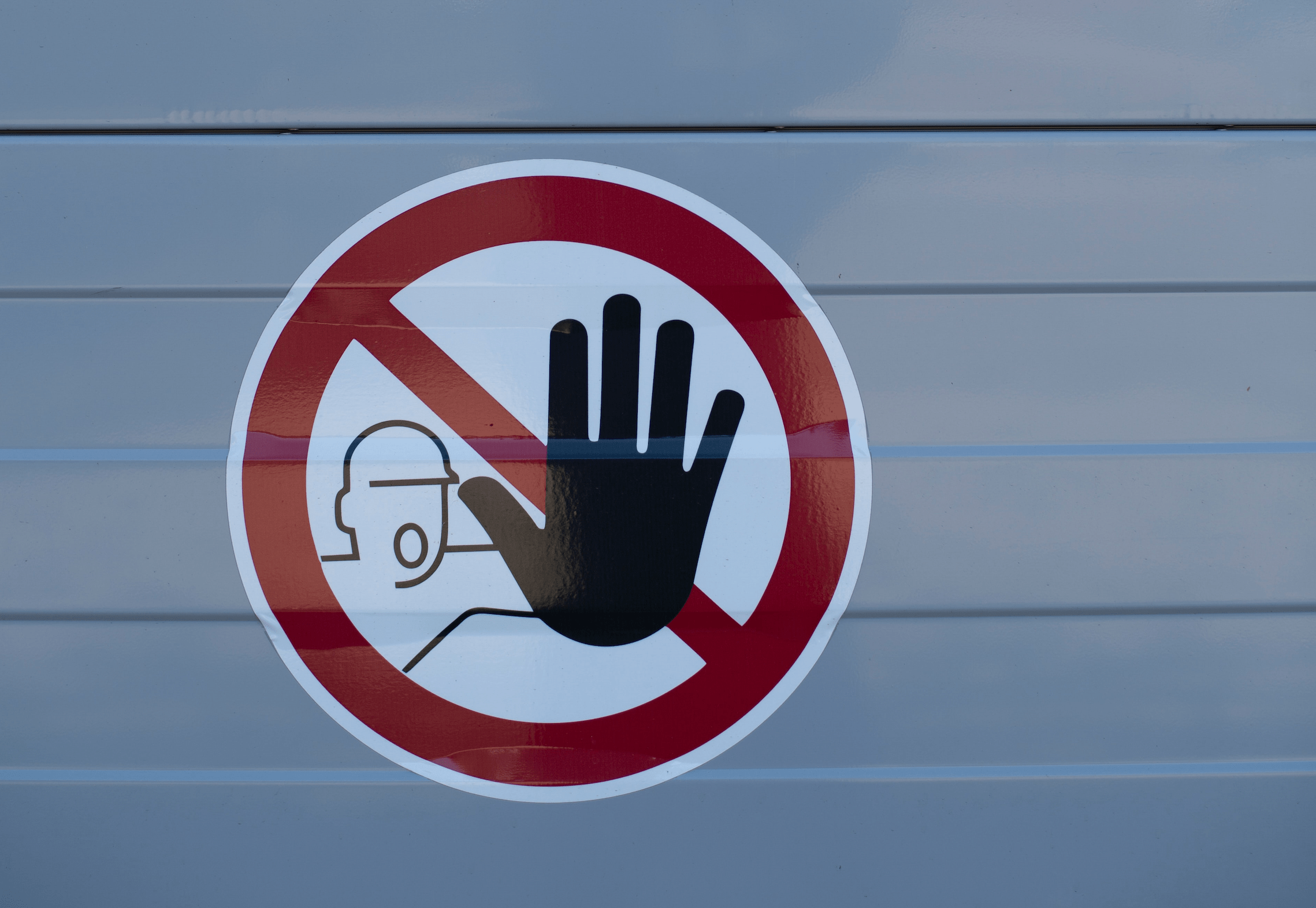Dutch universities will take the same action in the battle against threats and intimidation of academics, the VSNU announced. What will they do and what tips do they have?
There will be a shared point to report incidents and get advice and all incidents will be reported to the police. (Photo: Markus Spiske via Unsplash)
Gathering courage before checking your Twitter account. Installing a filter to block the many emails containing words like ‘son of a bitch’ or ‘child molester’. Stressing time and time again to your friends to not mention the name of the bar you meet up at. Always looking over your shoulder when you open your front door. And never, really never, sharing photos of your children.
More and more academics are experiencing what it is like to be exposed to intimidation and threats. Earlier this year Delta spoke to some TU Delft academics that have experienced this themselves and are struggling with it. Nobody wants to give in to intimidation, but it still gets under your skin.
Attack on academic freedom
The Association of Universities in the Netherlands (VSNU) has had enough. The umbrella organisation for Dutch universities made it known that its members will take the same course of action in cases of threat, intimidation, stalking, break-in, theft and violence. There will be a shared point to report incidents and get advice called WetenschapVeilig (safe science) and all incidents will be reported to the police. This is contained in the ‘Aanpak bedreiging en intimidatie van wetenschappers’ (approach to threats and intimidation of academics, in Dutch) guidelines on which the rectors of the universities have worked since spring this year.
‘Enough attention should be paid to threatened staff’
‘We rectors of the universities encourage our academics to use their knowledge and understanding for the benefit of society. But when this leads to intimidation and threats, we view this as a direct attack on academic freedom and the freedom of expression. We stand squarely behind our scientists,’ states the foreword.
Individual and organisational tips
The guidelines give academics and their supervisors individual tips (see the end of this article), and also suggest what universities can do to improve things at organisational level. Universities could, for example, create a hotline for threats to make it easy for academics to report incidents. They could train their staff on online resilience and the safe use of social media, and make sure that colleagues who are under attack get all the support they need, including psychosocial support.
But even if all the suggestions are rolled out in the greatest detail, the problem remains, admits the VSNU. ‘What happens depends on the attention paid to the issue’, says the report. ‘In practice it is especially important that enough attention is paid to threatened staff, both at the time of reporting and thereafter.’
Do you want to know what you can do? The guidelines list these individual tips that have been discussed with the police.
- Check the information about yourself on the internet and what you want findable and not findable.
- Protect your social media accounts well, preferably using two-step verification and a password manager.
- Make sure that work-related and private accounts are minimally linked to each other.
- If necessary, ask the communication department for help with and advice on media and social media issues. Many tips are available on sites such as onlineharassmentfieldmanual.pen.org and digitalfirstaid.org/en/topics/harassed-online/.
- Report on and offline threats, intimidation and hate to your employer through a hotline, your supervisor, communications department or security department.
- Receiving threats is not part of your work and there may be preventive steps that can be taken. It helps to think this through with someone.
- Carrying out fieldwork or research in public places can sometimes generate threatening reactions. Report these and ask your supervisor/university to help you think about how you can work safely.
- Have the institution lodge reports to the police when incidents occur, or lodge a report yourself if you prefer.
- Save all threatening or intimidating messages. Take screenshots. If certain expressions are not punishable, should certain persons send a whole pile of messages they may be subject to criminal procedures on the grounds of stalking/harassment.
- Collecting the material can be highly confrontational after a traumatic experience. Ask others to do this (through the communications department, supervisor, colleagues or friends) if you are unwilling or unable to do it yourself.
- Block people who send hateful or intimidating messages and, if possible, report them to the relevant social media platform.
- If you are wondering how seriously you should take online threats or intimidating responses, there are online tools to help assess these. The tools include troll-busters.com and degoedezaak.nl (in Dutch).
- Be aware of your mental health. Intimidation, hateful responses and threats can have serious consequences. Be aware of these and seek out help if you can or if you see that you need help.
HOP, Bas Belleman / Delta, Marieke Enter
Do you have a question or comment about this article?
redactie@hogeronderwijspersbureau.nl


Comments are closed.